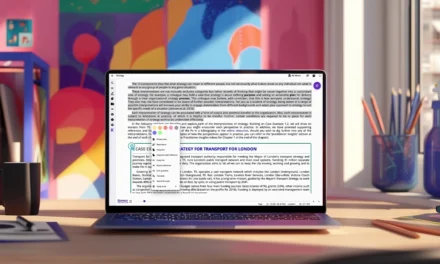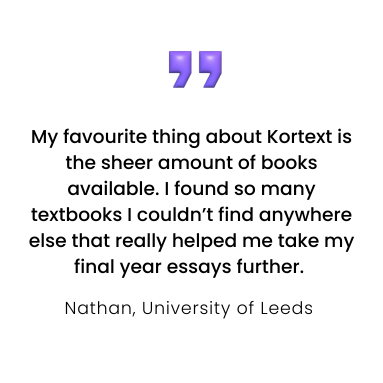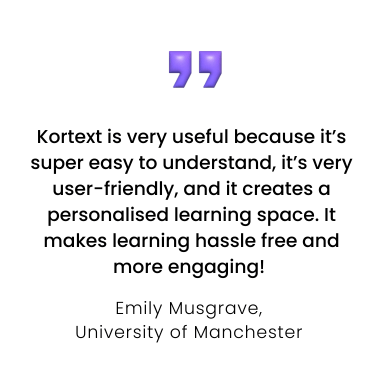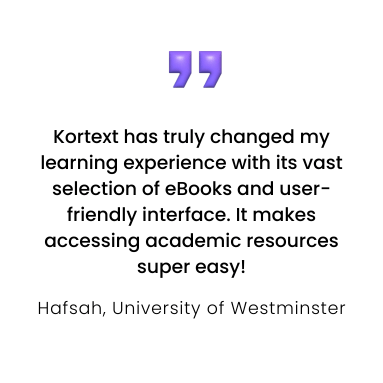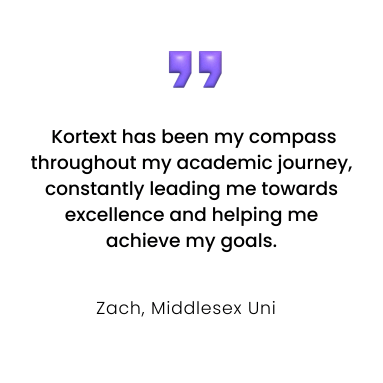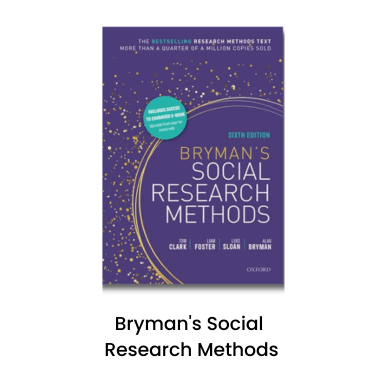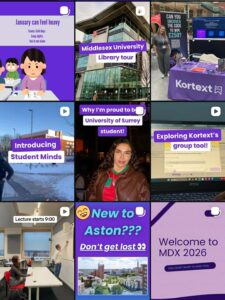You’ve probably heard of ChatGPT and other generative AI platforms. However, did you know that ChatGPT has beaten the rest to become one of the fastest-growing consumer apps in history, with over ten million queries every day being popped into its text box?
AI can create articulate paragraphs within seconds, answer even the most ridiculous questions, and solve a plethora of complex problems at a scary level of ease!
You can ask ChatGPT almost anything and it will provide a unique response drawn from its near-limitless knowledge bank that draws from open sources right across the internet. (The free version of ChatGPT can only provide information on events up to January 2022.)
While AI software tools are revolutionary for studying, there’s an ongoing discussion about how to use them effectively and responsibly. Most universities don’t completely restrict their use, but they emphasise that students’ work should remain their own.
To address the rise of AI-generated text, universities are implementing new measures, such as upgrading plagiarism software like Turnitin to be able to identify AI-generated content.
It’s worth checking with your university about their policies regarding AI, do ask your lectures or librarians if you’re not sure.
As a student, it’s essential to use these powerful tools ethically and effectively. Here are five ways that you can do so in your assignments and to help with exam prep:

1. Organise your studies effectively: you can ask AI to craft personalised study plans, enabling you to absorb information more efficiently. You can also have it set up schedules with mini deadlines, allowing you to schedule study sessions around adulting and socialising whilst still maintaining focus.
2. Simplify complex ideas: generative AI tools are incredibly useful for simplifying heavy terminology and confusing concepts, making it easier if you are new to a subject by providing a clear explanation. We recently read Introducing Einstein’s Relativity for the first time without getting a headache. AI broke down puzzling theories by providing clear and engaging visualisations for us to follow along with.
3. Expand your study resources: you can ask AI for recommendations for supplementary materials such as books, podcasts, interactive videos, and exercises tailored to your learning style (e.g. visual learner) to grow your knowledge on a subject.
4. Spark creativity with a brainstorming session: generative AI can serve as a valuable resource for generating fresh ideas and sparking inspiration. These tools can provide thought starters to guide your writing process effectively. For example, “Can you give me some thought starters on a philosophy of snoozing.”
5. Refine important documents: beyond studying, generative AI can assist in improving important documents such as CV wording and personal statements. This is particularly helpful if you have a wealth of skills and experiences that make complete sense in your head but not in a Word document.
As an eTextbook and learning platform provider, we are keen to help students use generative AI responsibly and safely.
You can stay up to date with the latest tips and advice from the student community on our Instagram and TikTok channels.



